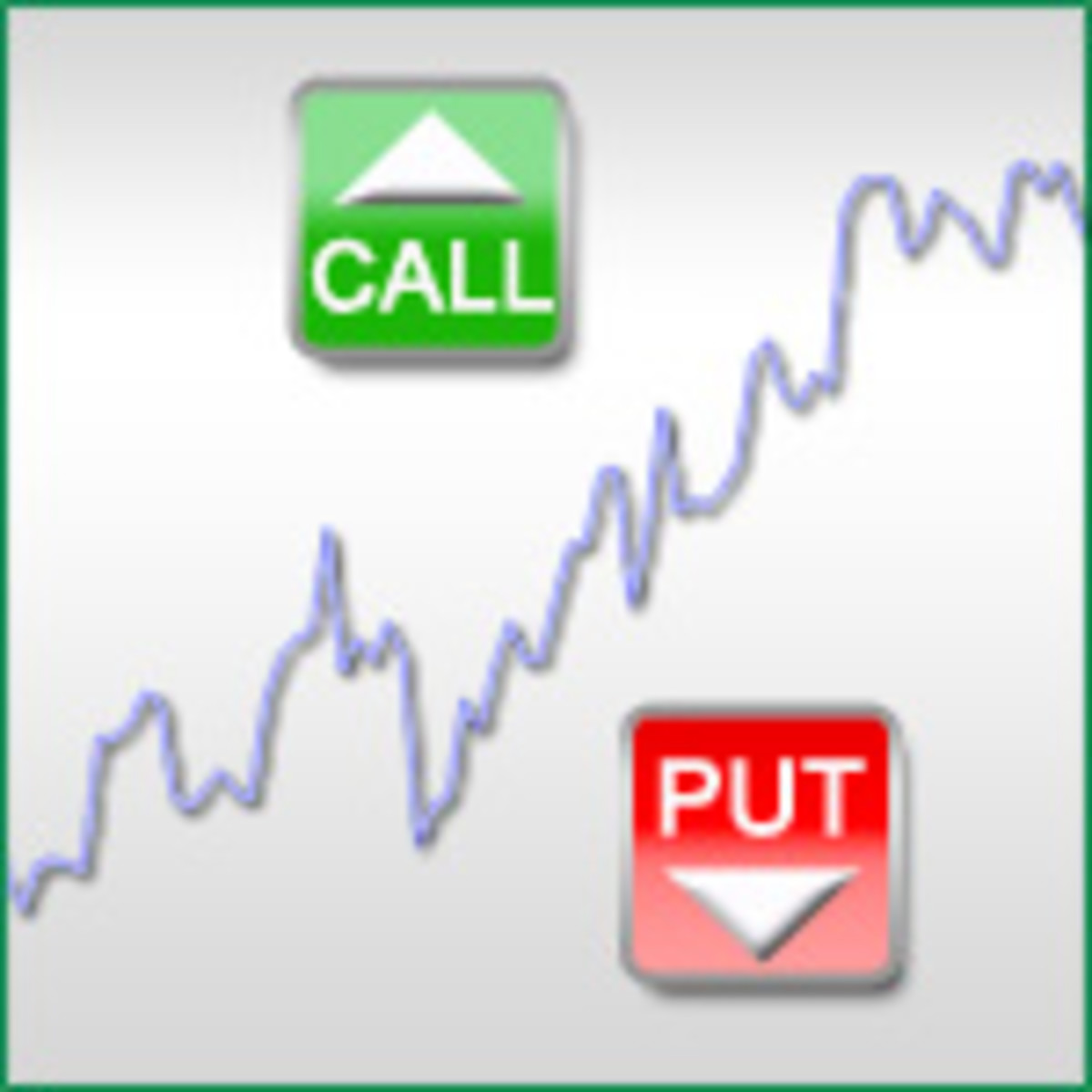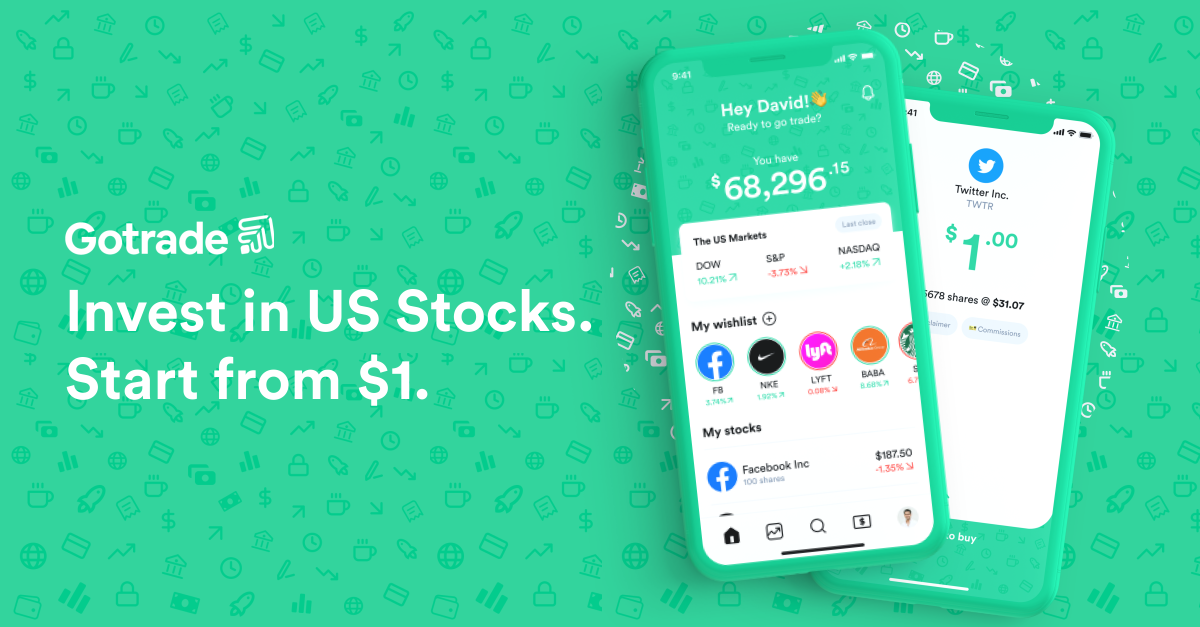Why Trade the Forex
Why Trade Forex?
There’s a certain fascination with Forex trading nowadays. Proponents list the advantages that it has over trading in stocks and equities – it is a true 24 hour market, it doesn’t suffer from liquidity problems, it is highly leveraged, it doesn’t charge commissions, and it is also readily understandable. In addition, traders are likely to be much more varied than with a local stock market, with very different backgrounds and practices, because they are all over the world. In some respects, it can be thought of as a more pure example of trading than the stock market, which has the influences of commissions, liquidity problems, etc.Forex is short for foreign exchange, and can also be referred to as FX. It simply involves buying and selling money, the currencies of different countries. Traders will try to anticipate market moves and trade appropriately, just as with stocks and shares. However, it is much simpler, in that there are a limited number of currencies that are actively traded, in fact only seven are dubbed the “majors”, and they account for 85% of all Forex trading. Contrast that to the number of stocks available on just one stock exchange, and figure in the fact that worldwide, traders are dealing in the same currencies, and you can see why, in principle, it is so understandable compared with the stock market.
Consider – there is no centralized exchange, and trading can be done 24 hours a day, 5 days a week. The trading week starts in Sydney, and moves to Tokyo, London and New York during each day, before repeating, five days a week. There is no international supervision, and the market is set by phone or electronic network. In fact, there are several interconnected markets, but they try to keep in line with each other, to prevent arbitrage, which is someone profiting from minor differences.
As for the size of the market, it is reportedly about $3.2 trillion per day, in other words $3,200,000,000,000! This is so enormous that any amount of trading (practically) will not cause any noticeable fluctuations; unlike the stock exchange, where there can be some effects from large investments, such as institutional investing. This volume is about ten times the combined daily turnover of all the world’s stock markets. Incidentally, it’s estimated that 95% of the trade is speculation for profit, and only 5% is for companies dealing in the international market to buy things and take their payments in local currency.
When you trade in Forex, most services will allow you to execute margin trades at up to 100:1 leverage, which means that $1,000 account can trade up to $100,000. The margin trade actually buys the right to trade one “lot” of the currency, and each currency has a certain size of lot – for instance, the Swiss Franc trades in lots of 125,000 Swiss Francs. The reason that this can be done is that currencies are generally not as volatile as stocks. Typical volatility in the majors would be less than 1% per day, which is much smaller than you would find with equities. The high leverage allows you to make high returns even from these small moves, and increases your relative buying power; however, high leverage magnifies losses as well as gains.
The reason that the Forex market can afford to not charge commissions, is because of the “spread” – the difference between what you can buy for, and what you would get if you were selling. The “bid” is the price at which you can sell, and the “ask” is the price that you can buy at. The difference between the bid and the ask may typically be up to 3 “pips”, which is very small, but you will be trading, say, $100,000. Pip actually is a per cent of a per cent, and stands for “percentage in point” – remembering that a point is a per cent, such as when you pay points on a mortgage. This means that a pip is 0.0001, a hundredth of one per cent. The only exception to this is the Japanese yen, where pips refer to the second decimal place, and not the fourth.
What techniques can you use to trade on the Forex market? The market is still driven by speculators and traders, with their human responses and failings, so the lessons that a trader teaches for the stock market are a good basis, and can be expanded to the particular foibles of Forex. If you are interested in the Forex market, you should seek the advice of a trader, and you could start with the free course from Stu Whisson at www.insightsupport.com for a good grounding.







